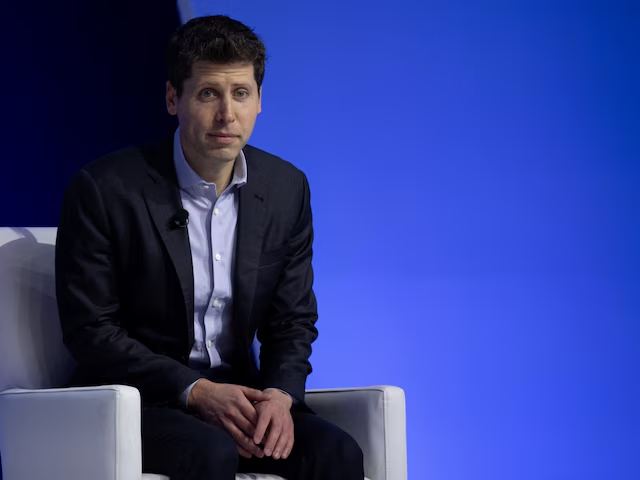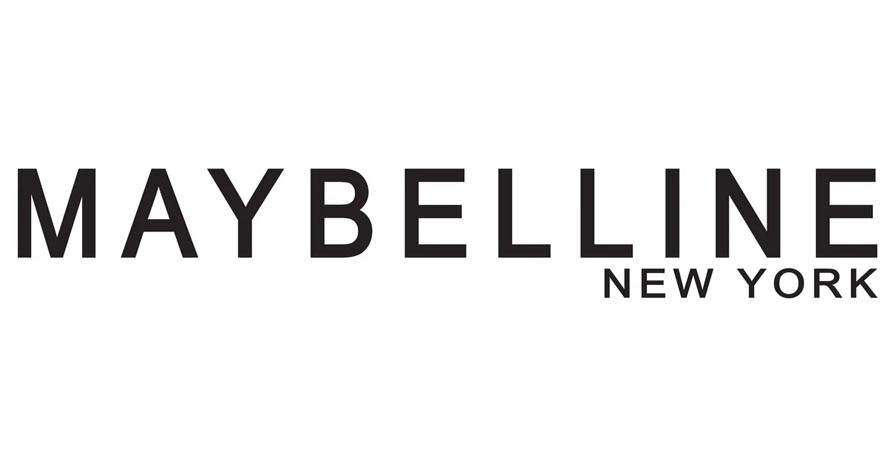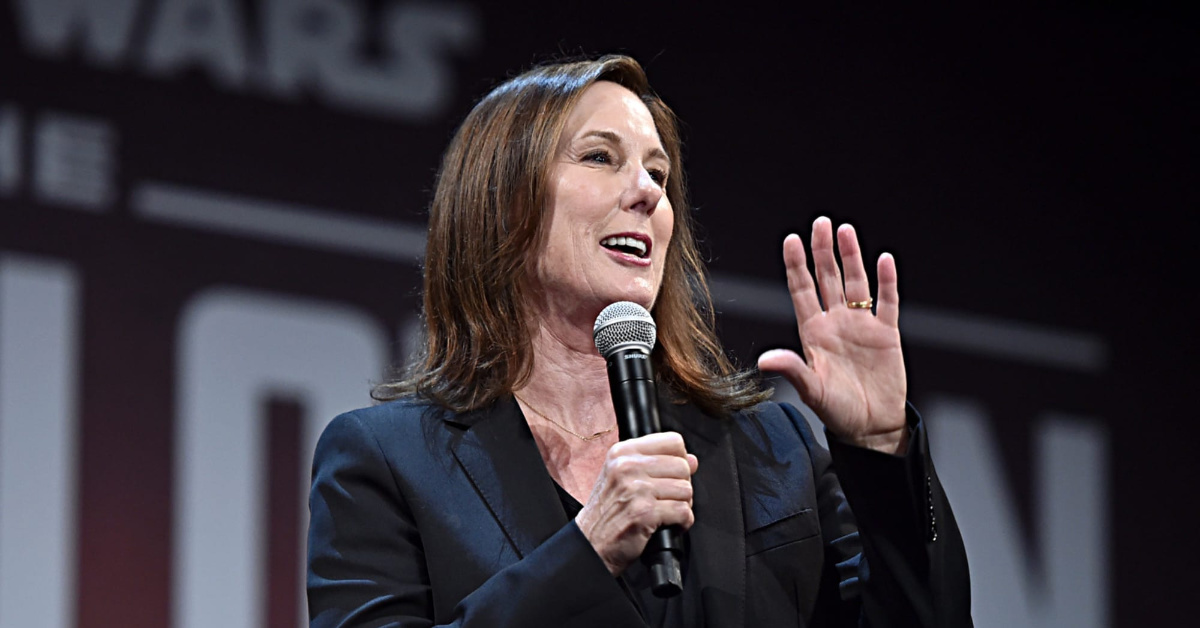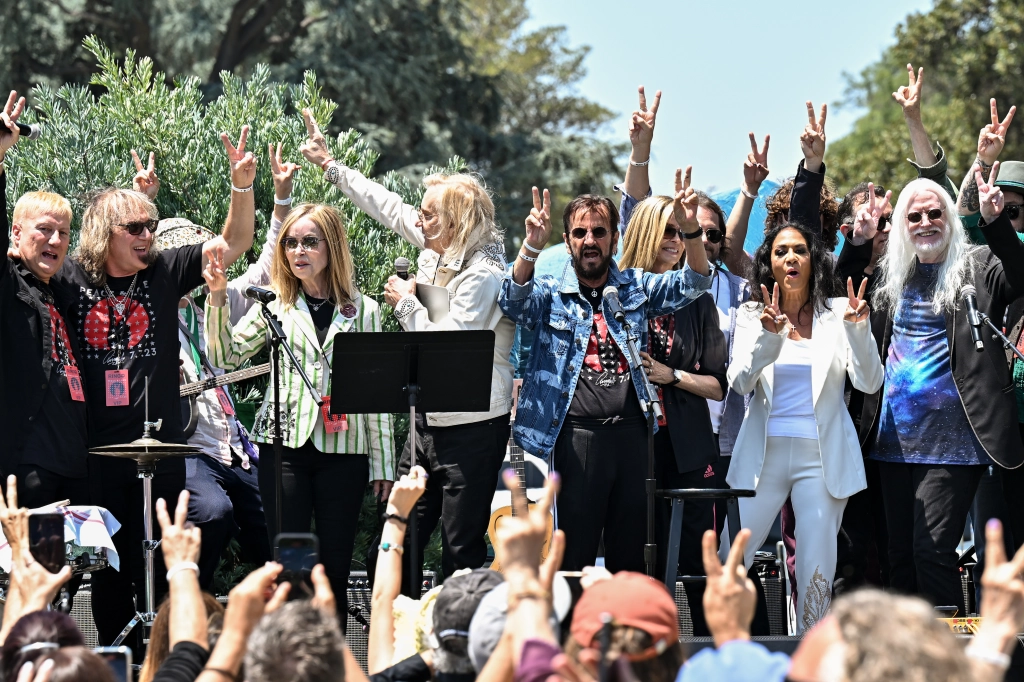OpenAI’s board only learned of the existence of ChatGPT when they saw it on Twitter, former board member Helen Toner said in an interview on “The Ted AI Show” podcast that aired Tuesday. This revelation highlights a significant lack of communication and transparency within OpenAI, particularly under CEO Sam Altman.
Toner provided her first detailed account of the backstory behind the dramatic firing and rehiring of Altman last November. She painted a picture of a manipulative executive who fostered a “toxic atmosphere” within the company. This environment was reportedly one where internal strife and lack of trust became prominent issues, leading to Altman’s eventual ouster.
One catalyst for Altman’s ousting was when two OpenAI executives reported instances of “psychological abuse” to the board. These allegations were severe enough that the executives provided screenshots and documentation to support their claims. “They were really serious, to the point where they actually sent us screenshots and documentation of some of the instances they were telling us about,” Toner explained. These revelations point to deeper problems within the organizational culture at OpenAI, which the board found increasingly difficult to ignore.
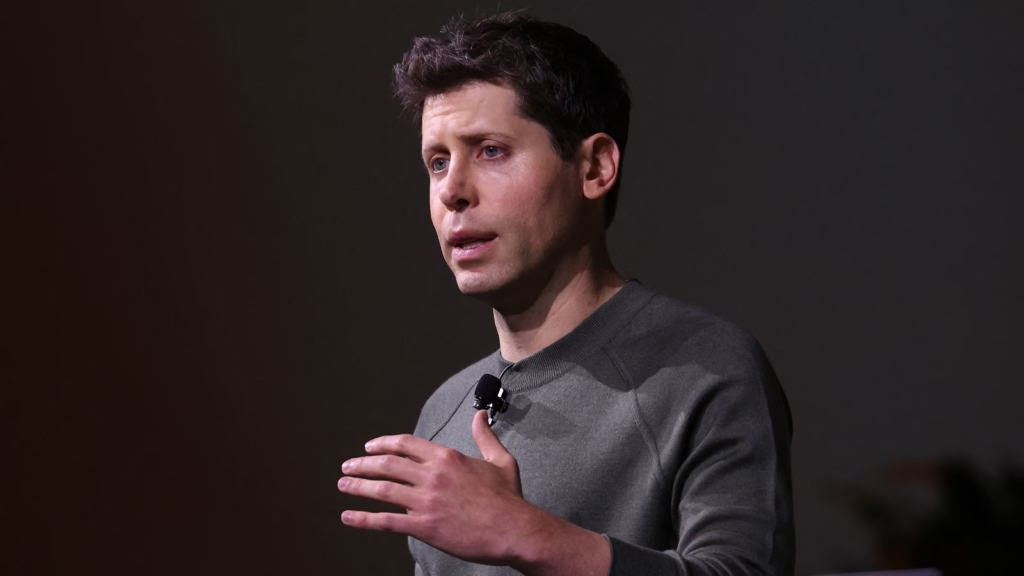
Altman did not respond immediately to a request for comment. When asked for comment, OpenAI referred to a statement from current OpenAI board chair Bret Taylor provided to “The Ted AI Show” podcast. The statement expressed disappointment that Toner continues to revisit these issues and noted that a review had been conducted into the events of last November. “The review concluded that the prior board’s decision was not based on concerns regarding product safety or security, the pace of development, OpenAI’s finances, or its statements to investors, customers, or business partners,” Taylor stated. This official response aims to shift the focus away from the criticisms of Altman’s leadership style and towards broader, less personal concerns.
Altman triumphantly returned to OpenAI four days after he was fired, following a nearly unanimous threat from OpenAI’s then 700-strong staff to leave unless the board stepped down and reinstated him. On the podcast, Toner attributed Altman’s swift return to employees being told that the company would collapse without him. Additionally, once a potential return seemed likely, employees feared retaliation from Altman if they did not support him. This dynamic suggests a complex interplay of loyalty, fear, and organizational stability within the company.
Microsoft-backed OpenAI kicked off the generative artificial intelligence craze when it launched the viral ChatGPT chatbot in 2022. The launch of ChatGPT marked a significant milestone in AI technology, capturing widespread attention and accelerating the development and adoption of AI-powered applications. This success, however, came amidst significant internal turmoil.
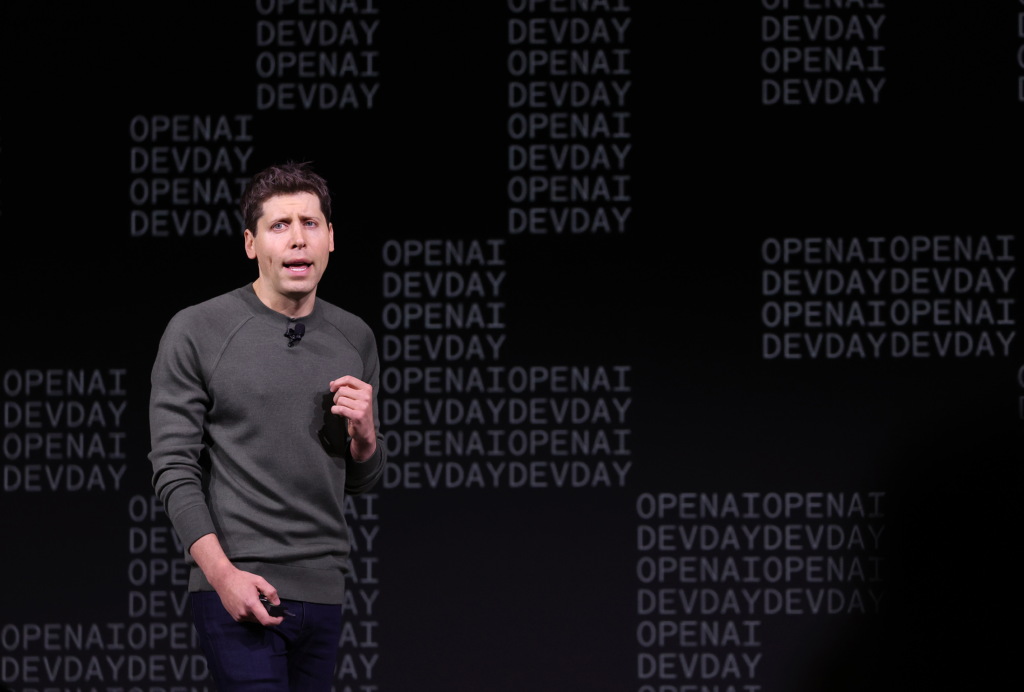
The internal turmoil at OpenAI, as described by Toner, reflects broader challenges in managing rapid technological advancements while maintaining a healthy organizational culture. The revelation that the board was unaware of ChatGPT’s existence until its public release highlights significant gaps in governance and communication within the company. Such gaps raise questions about the decision-making processes and the flow of information among key stakeholders.
Toner’s account also sheds light on the difficulties faced by board members in executing their oversight responsibilities effectively. She mentioned that Altman often withheld information, misrepresented facts, and in some cases, outright lied to the board. This created a challenging environment for the board to operate in and made it difficult to trust Altman’s leadership. The lack of transparency and honesty exacerbated the board’s difficulties in performing its governance role effectively.
The events surrounding Altman’s firing and subsequent rehiring illustrate the complex interplay between leadership, employee loyalty, and organizational stability. The near-unanimous threat from employees to leave if Altman was not reinstated underscores the deep divisions within the company and the strong support Altman had among the staff. This episode reveals the critical importance of leadership in maintaining morale and trust within a high-stakes tech company.
If you like the article please follow on THE UBJ.

